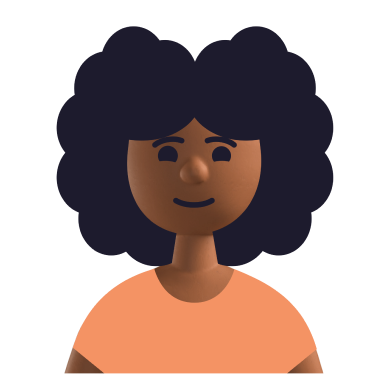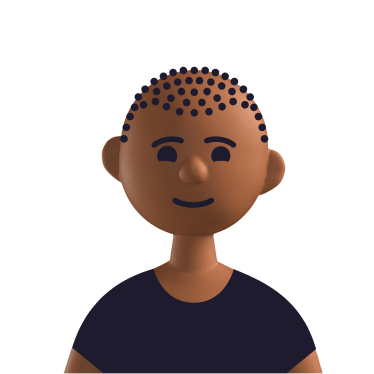

Humanitarian action
Children have the right to be protected

Humanitarian action for children
Humanitarian emergencies, such as those resulting from armed conflicts, natural disasters, and climate change, significantly exacerbate the vulnerability of children to exploitation.
In the chaos and displacement that follow such crises, children often lose the protective oversight of family and community, leaving them exposed to the risks of exploitation.
We work tirelessly to mitigate these risks by providing immediate life-saving support, creating safe spaces, and advocating for the rights and protection of children.
Humanitarian action
Projects
Tackling the challenge
Humanitarian Action Thematic Programme
Approach
The Humanitarian Action Thematic Programme’s strategic framework outlines a comprehensive rights-based approach across six domains, highlighting the necessity of a holistic and integrated strategy:
Survival Rights
During crises, the main survival needs of children are often disrupted. There is lack of water, their schools close, their homes can be destroyed. And this situation can put them at risk of violence, abuse and exploitation. So we work to provide children with their basic needs. These services include access to food, water, sanitation and hygiene, shelter and clothing, health (including mental health), protection, and sexual reproductive health and rights (SRHR) services.
Right to Care and Safety
It is essential that both children and the adults responsible for them, including caregivers and other adults in their lives, are adequately supported. They play an important role in keeping children safe from risks of exploitation and create a sense of safety and stability for children. That is why we work with them to provide psychosocial services, offer legal aid, advocate for children’s rights and well-being and establish safe and child-friendly environments, so that children can have a place to recover, learn and play.
Right to Physical and Mental Wellbeing
We know how important it is for children to be healthy physically and mentally, so that they can develop to their full potential. That is why our programmes engage and collaborate with communities to create a supportive environment for children, especially those experiencing adversities. We provide psychosocial support and adequate health services, as well as promote the social inclusion of children among critical actors, including caregivers, communities, Civil Society Organisations, government, and the children themselves, to help build resilience and positive social relationships.
Right to Development
A child of today shapes the adult of tomorrow, and the journey starts with access to quality education and development opportunities for all children. Education serves as a means to restore a sense of normalcy, dignity, and hope. So we work towards giving children access to education and early childhood development services. This can be via inclusive play and early learning, basic and accelerated schooling, vocational training, financial literacy, and age-appropriate life skills training.
Right to Participation
As supportive structures lose shape during humanitarian emergencies, it is essential to establish platforms that empower children to express their needs openly and contribute to decisions directly impacting their lives. Children should not be passive recipients but active agents with the capacity to exercise agency, demonstrate leadership, and amplify their voices. So our programmes include creating platforms for children’s voices to be heard and valued, and ensuring they have access to age-appropriate information.
Right to a Functioning Humanitarian System
The protection of children is a collective responsibility, of parents/ caregivers, teachers, health and social workers and many other actors. With a functioning system, children have rights met and can develop safely. But that is only possible when children are at the center of the responses, and protected each step of the way. That is why we work in collaboration with others to make sure responses prioritise children’s needs, supporting their recovery and resilience.
Stronger together
Working with other organisations is crucial in an emergency. Cooperation helps us deploy our emergency aid as quickly as possible. Often these partners are local organisations that know their communities well.
Medical crises, wars, natural disasters… we provide children emergency aid and protection worldwide.
In times of need, we stand stronger together. Join our fight.





